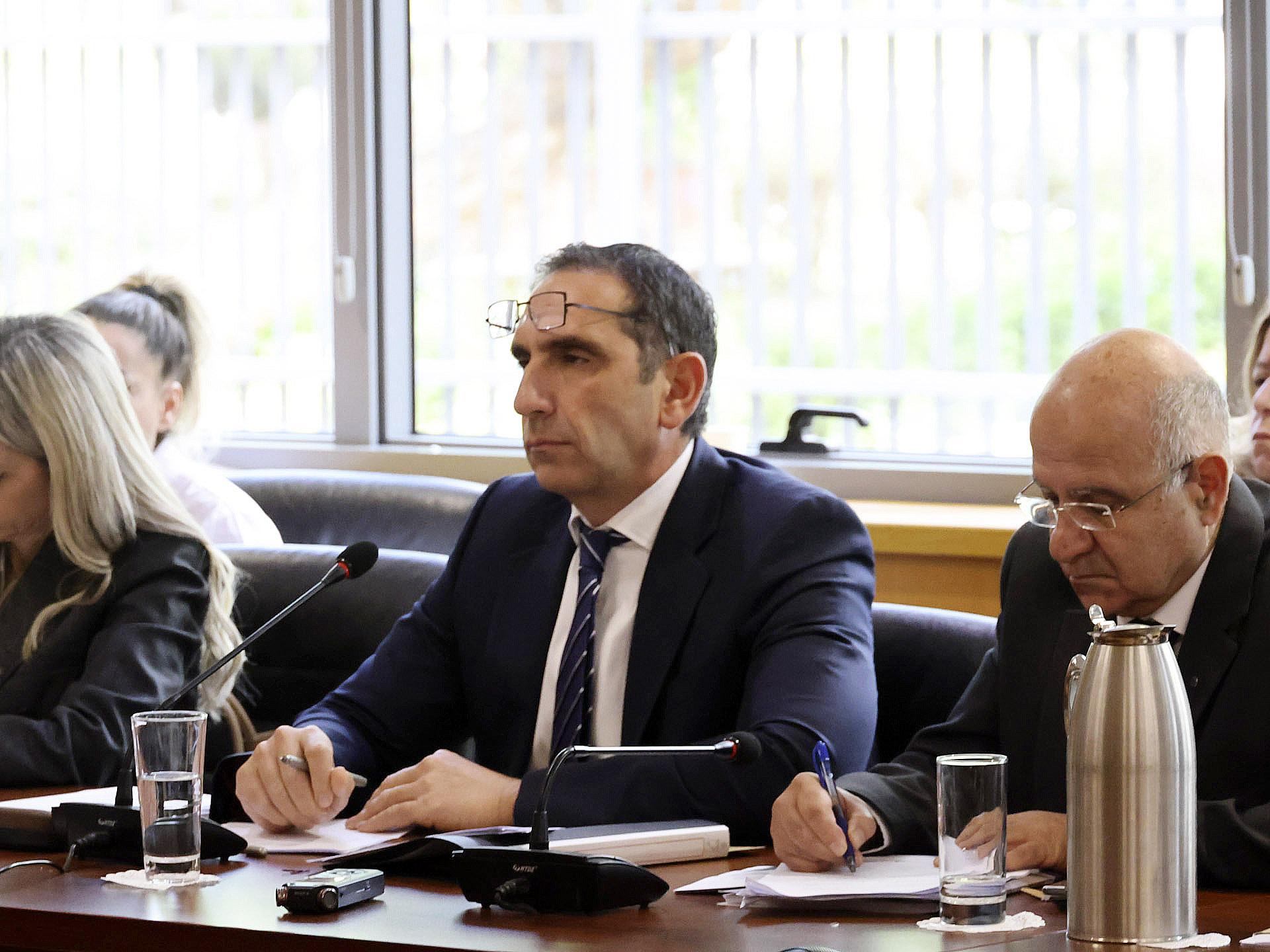Around 90 deputy mayors are getting paid on the taxpayer’s dime even though they have no official duties, the interior minister acknowledged in parliament on Monday.
Constantinos Ioannou was at the House finance committee, which was reviewing the ministry’s proposed budget for fiscal year 2025.
Inevitably the discussion turned to the new system of local government that kicked in last July. It involves a reorganisation, and in many cases mergers, of municipalities and communities in a stated bid to save money through economies of scale.
But Ioannou had to concede that the law governing the new system of local government does not spell out the duties of the 93 deputy mayors elected across the island.
In short, officially they have no duties. At the same time, however, many of them receive generous salaries.
A deputy mayor’s pay depends on the population of any given borough. In large boroughs, their salary is pegged at 50 per cent of what the local mayor makes. And mayors themselves earn about as much as members of parliament.
In smaller boroughs, the deputy mayor’s salary ranges from 20 per cent to 50 per cent of the mayor’s earnings. For example, in boroughs with one to 300 people the deputy mayor receives 20 per cent of the mayor’s salary; between 301 and 500 people, 30 per cent of the mayor’s salary; between 501 and 1,000 people, 40 per cent of the salary; and between 1,001 and 100,000, 50 per cent of the salary.
The mayors on the highest wages are those in the large metropolitan areas – Nicosia, Limassol, Paphos and Paralimni. They get €6,446 per month.
By comparison, the highest salary for deputy mayors clocks in at €3,223.
According to a spreadsheet seen earlier by the Cyprus Mail, the total annual payouts on salaries (for mayors, deputy mayors, councilors) work out at €6.54 million.
The relevant legislation states that the mayor delegates any powers to deputy mayors – even on matters that are local to the borough which the deputy mayor leads. Effectively, the deputy mayor – and the borough itself – is reduced to an advisory body. It can make recommendations – for example on local projects like green areas – but then the proposal is debated and voted on at the municipality level.
The fact that deputy mayors had no official duties was known to all – the government and parliament – when the House was voting through the laws on the new system of local government.
In parliament on Monday, Ioannou said the government feels the number of deputy mayors is too great and that steps should be taken to reduce it “drastically”.
The minister also conceded that several of the mergers were not done according to population criteria – which had ostensibly been the whole point of the exercise.
He cited the example of Nicosia, where four large municipalities have been merged, in this way generating savings in the medium-term. However, this was not done elsewhere.
According to the minister, the current number of municipalities should be reevaluated based on geographical, population and economic criteria.
In his own remarks, Disy MP Nikos Sykas claimed that about 60 of the currently serving deputy mayors used to be either mayors or community leaders under the old system.
The minister meanwhile went through some of the flaws in the new system. One issue is that the new district-level organisations – known as EOA – must transfer 60 per cent of their revenues from licensing to the municipalities. Ioannou said the government would table a bill to parliament to fix this.
Another issue is which local authority should be responsible for dangerous buildings. Here the minister said that a bill would be tabled to parliament in January.
Despite the various problems, Ioannou insisted the current system of local government is “far better” than the previous one.
Elsewhere, he noted that the funds allocated to his ministry for road repairs are too low – just €3 million for 2025. But he added that this amount would double in 2026.
On other matters, the minister spoke about a process to speed up the issuance of permits for so-called “low-risk” developments. This would fast-track the permits where the planned construction of up to two residential units is concerned. The permits would be issued based only on the submission of a town-planning certification.
It’s understood that this type of permit accounts for approximately 30 per cent of all applications. Under the proposed fast-track process, the town-planning certificate would be granted by the EOA within 20 days.
The interior ministry’s budget for 2025 comes to €752.1 million. Of this, 32 per cent accounts for development spending, and 62 per cent for recurrent expenses.







Click here to change your cookie preferences